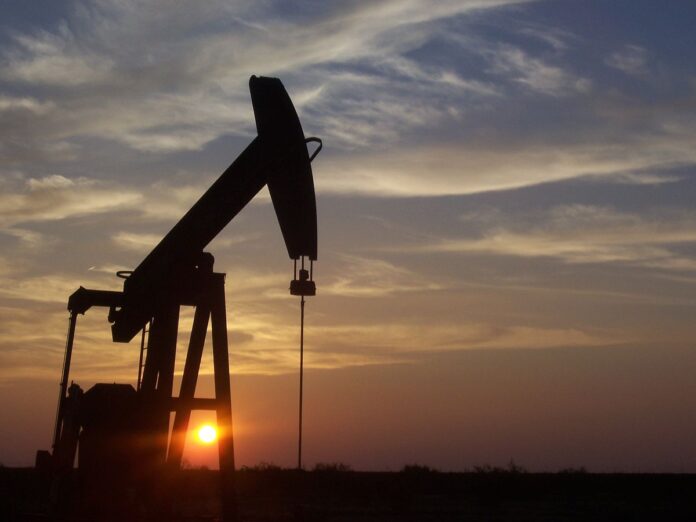Pennsylvania Gov. Tom Wolf recently vetoed bipartisan legislation designed direct the state’s Department of Environmental Protection (DEP) to differentiate between shallow, conventional, oil and gas wells from deep, unconventional wells when setting regulations.
Senate Bill 790 (SB 790), the Conventional Oil and Gas Wells Act, the would have, among other things, blocked the DEP from applying industry drilling, monitoring, and restoration regulations developed as a result of a 2012 law to guide large, unconventional, deep oil and gas well development, to long-existing small, shallow conventional oil and gas production.
An initial version of SB 790 the passed the House in May by a vote of 109 members in favor of the bill to 93 opposed. The Senate passed a House amended version of the legislation on November 17, by a vote of 29 Senators in favor of the bill and 19 opposed.
Republican leaders in the state General Assembly have vowed to bring the bill up for a vote again in the next legislative session.
Conventional and Unconventional Wells Pose Different Risks
SB 790 was largely developed by the Penn Grade Crude Development Advisory Council, a body created by Act 52 of 2016 to advise and assist DEP with shaping regulations for conventional oil and gas development.
The council and the bill’s sponsors argued history has shown small, shallow, conventional oil and gas operations do not pose the same environmental risks as larger, deep well operations producing oil and gas through unconventional means.
“There are major differences between unconventional deep-well drilling and conventional, shallow-well drilling…differences that this administration continues to ignore because it doesn’t fit their narrative,” state Rep. Martin Causer (R-Turtlepoint) said in a November 25 statement in response to the Wolf’s veto. “The industry is struggling immensely, and a significant cause of that struggle is the lack of understanding and purposeful misrepresentation of how our conventional oil and gas operations work in a safe and environmentally conscious manner.
“Nearly all of Pennsylvania’s conventional oil and gas wells are owned and operated by sole proprietors or small businesses,” said Causer. “These men and women live, work, and raise their children in the same communities where they are drilling for oil and gas [and] are capable of and committed to producing this valuable energy source while also ensuring clean air and water for themselves and future generations.”
H. Sterling Burnett, Ph.D.(hsburnett@heartland.org)is the managing editor of Environment & Climate News.
Official Connections
Pennsylvania Gov. Tom Wolf (D): https://www.governor.pa.gov/; https://www.governor.pa.gov/contact/#OnlineForm
Pennsylvania state Rep. Martin Causer (R-Turtlepoint): http://www.repcauser.com/; https://www.pahouseformcenter.com/397/RepMartinCauser/SecureContact


























